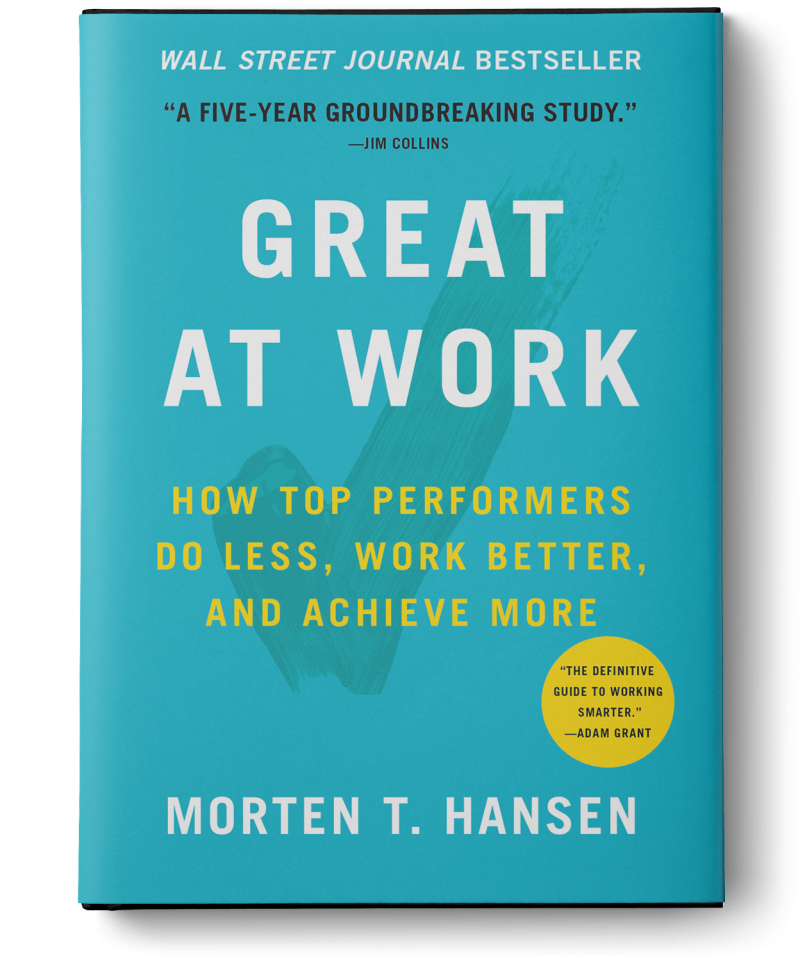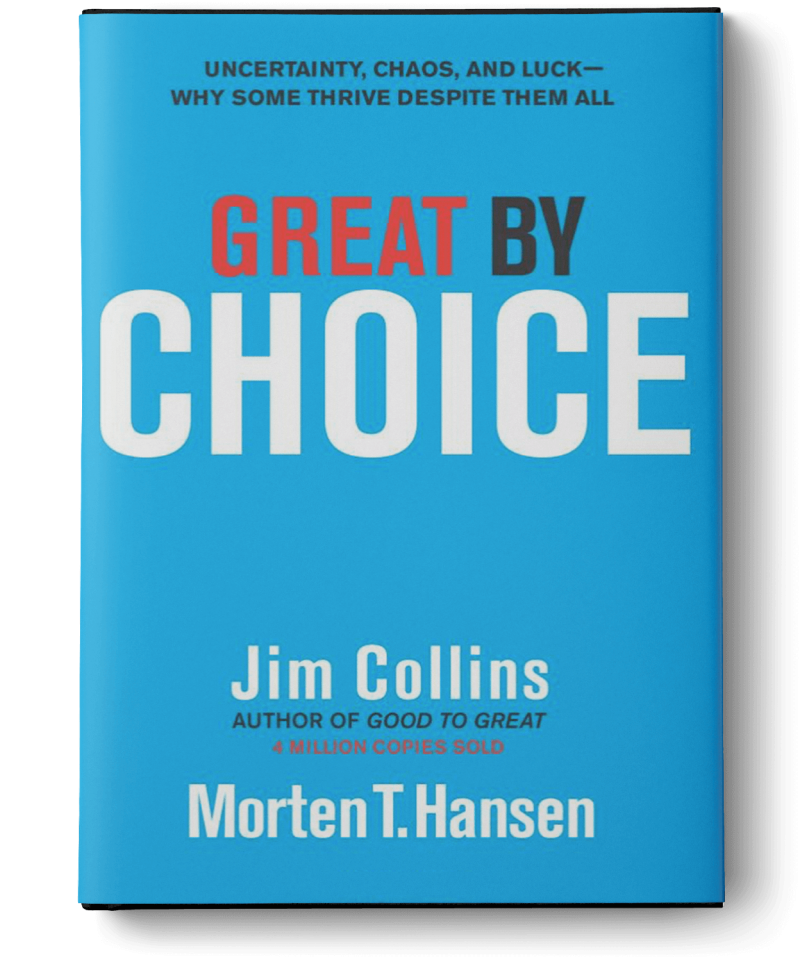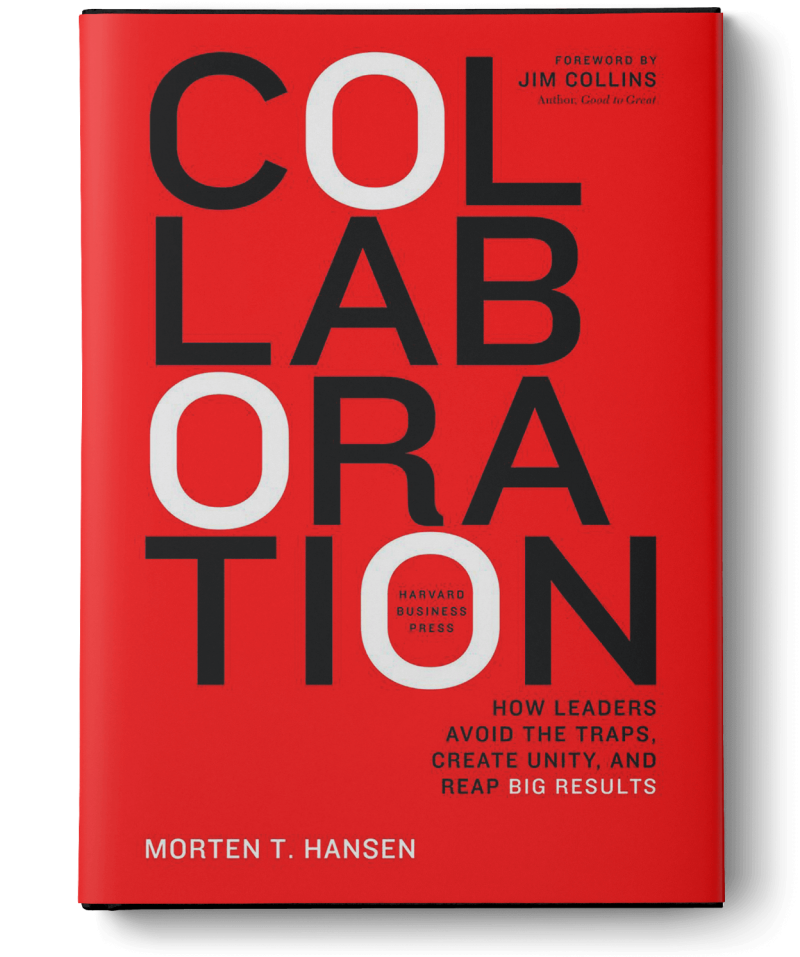Are Your New Year’s Resolutions Purpose-Inspired?
What do these typical New Year’s resolutions have in common?
- Quit smoking
- Eat more healthily
- Exercise more
- Stop procrastinating
They are all self-oriented, about improving oneself. There’s nothing wrong with that. Last year I focused on exercising, which is a decidedly selfish pursuit. There is, however, another way of approaching your new year’s resolutions: purpose. That is, how can you contribute to others in 2018? Here are some examples of purpose-inspired new year’s resolutions or goals:
- Be more polite
- Drive more carefully
- Volunteer
- Stop being late all the time
- Help others more at work
They are purpose-inspired because the benefactors of these are first and foremost others, and not yourself. Acting with purpose is to do what contributes to others, be it to one’s family, co-workers, customers, or society at large. For example, being late all the time inconveniences others, so fixing that would benefit others the most.
This year, I’m thinking of how I can take my goals and make them more purpose-oriented. My book “Great at Work” is coming out at the end of the month. Instead of thinking about the personal success it might bring, I am thinking of it this way: My mission this year is to help as many people as possible do better work, so that they can lead better lives.
What does a sense of purpose do for us, beyond contributing to others? It turns out that people who have a strong sense of purpose also perform better in their job. In the study of 5,000 people that’s reported in my book, I identified seven key work habits that drove better performance. People who had both a strong sense of purpose and passion at work ranked higher in the performance ranking than those who didn’t. Based on case studies and interviews, I also came to understand the concept of purpose more broadly. Many people think of purpose solely in societal terms, like helping to alleviate poverty. But purpose at work is fundamentally about contributing value to others. Seen in this light, many jobs have purpose.
In one of the interviews for the book, I talked to Genevieve Guay, who’s a concierge at Auberge Saint Antoine, a luxury hotel in Quebec City in Canada. She talked about the purpose of her job: “I love to improve the lives of others with my personal touch. This job gives me a chance to meet a lot of people from everywhere around the world without having to move from my desk. And I have direct impact. I can see directly what I gave, even with simple things like a restaurant that worked for them.” Genevieve’s passion (“I love interacting with people”) served a purpose (helping and caring for hotel guests).
So how does a sense of purpose lead to better performance, exactly? My analysis showed that purpose strongly predicts effort during working hours, and not the number of hours worked per week. So it isn’t that purpose leads people to work insane hours. Rather, people like Genevieve who has a strong sense of purpose in their job activate positive emotions such as joy, excitement, pride, inspiration, and hope, all of which gives you more energy. You’re paying extra attention at meetings. You’re engaging with colleagues and customers. You’re noticing the details. You’re jumping in with new ideas. You’re doing everything better during every hour of work.
Other researchers have also noted this link between being purposeful and job performance. Wharton professor Adam Grant demonstrated in his book “Give and Take” that those who help others (givers) perform the best, as long as they prevent becoming a “doormat” and letting others take too much advantage of them.
Oh, and it gets better. The benefit of being purposeful goes beyond performing better at your job. In an insightful article, physician Dhruv Khullar reports research that shows a host of benefits of having purpose in one’s life: “Having purpose is linked to a number of positive health outcomes, including better sleep, fewer strokes and heart attacks, and a lower risk of dementia, disability and premature death. Those with a strong sense of purpose are more likely to embrace preventive health services, like mammograms, colonoscopies and flu shots.”
So here is the paradox of purpose: focusing on helping others is a good way to help yourself. You will likely perform better and be more likely to meet your goals, and keep your resolutions.
How will you set your goals for 2018 so that they are more purposeful?
![]()
Why do some people perform better at work than others?
Morten Hansen reveals the answer in his “Seven Work Smarter Practices” that can be applied by anyone looking to maximize their time and performance.


